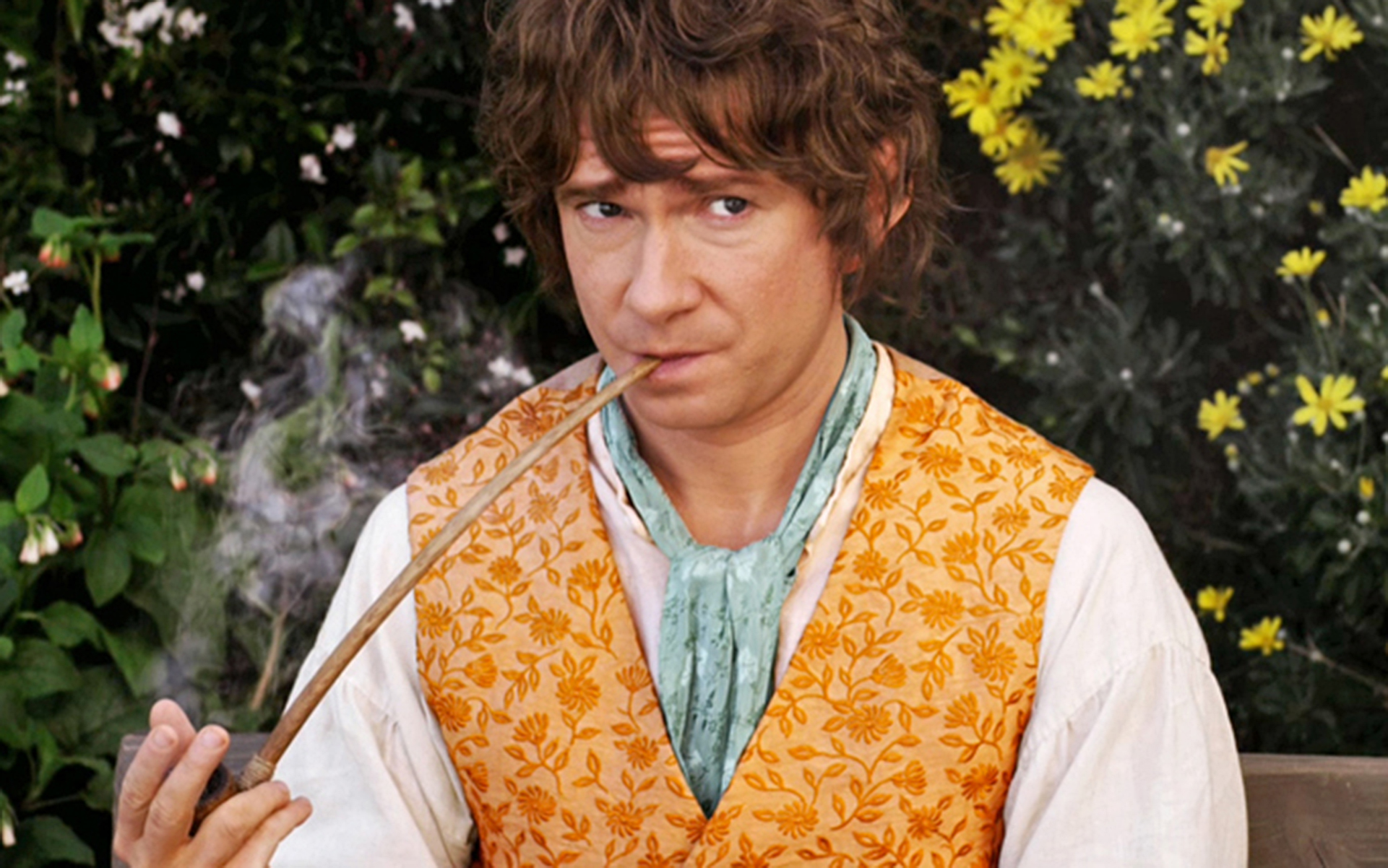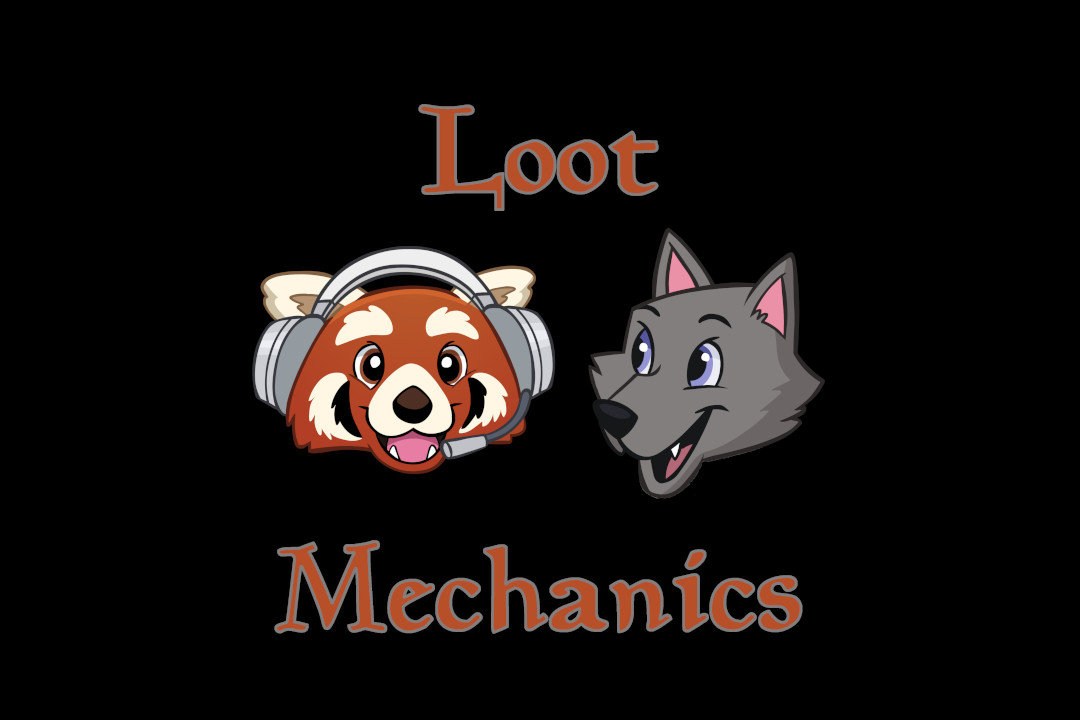JRR Tolkien’s classic novels of Middle Earth, especially “The Hobbit” and the “Lord of the Rings” trilogy, are perhaps the most fundamental basis for the Tabletop Roleplaying hobby. While other works of fiction – be they movies, books, or other art – may have been influential in helping to forge early roleplaying games like “Dungeons & Dragons”, nothing captured the cultural zeitgeist in the 1970’s and 80’s quite like Tolkien’s work.
Looking at “Dungeons & Dragons”, one of the earliest TTRPGs, and clearly the most popular and culturally important, one can see Tolkien’s fingerprints all over the game. This can be best seen in D&D’s Halfling race, which were originally called Hobbits, but had to be changed for copyright issues, but Tolkien’s works are referenced many more times throughout the game.
Now then, let’s take a look at Tolkien’s works for a moment. His books were only nominally popular when originally released, but saw a huge jump in popularity during the 1960’s, as they were adopted by the Counter-Culture for many of the themes of resistance and standing for what was right, in the face of overwhelming force. They are also absolutely fantastic works of art!
Aside from that, though, did I mention that Hobbits smoke weed?
Well, Tolkien called it Pipe-Weed, and never actually alluded to this being Marijuana, but for a bunch of kids protesting the Vietnam War while experimenting with recreational drugs, it really didn’t matter what Pipe-Weed was. To these new Tolkien fans, LOTR and “The Hobbit” spoke to them in a way no other fictional works ever had. They saw themselves as the plucky Hobbits, stealing from Dragons and battling overwhelming odds to destroy evil artifacts and save the world.
And they smoked weed, just like the Hobbits.
Now it really doesn’t matter if the developers of D&D or any other early TTRPG used drugs in the 70’s, because that’s not really the point. What matters is that we wouldn’t have tabletop roleplaying games like we do now, if it weren’t for JRR Tolkien’s novels. Furthermore, those novels may have wallowed in relative obscurity for decades longer than they did, had it not been for their discovery by a bunch of young people who found in them stories that spoke to their spirit of Resistance and Change… and which also included heroes that ‘smoked weed’. The developers of those early games may have discovered Tolkien on their own, but more than likely found them due to their heightened popularity in the 1960’s, for reasons already discussed.
So the next time you sit down to play your favorite TTRPG, thank a Stoner. Because if it weren’t for people much like them fifty-odd years ago, we might not have those games now.



